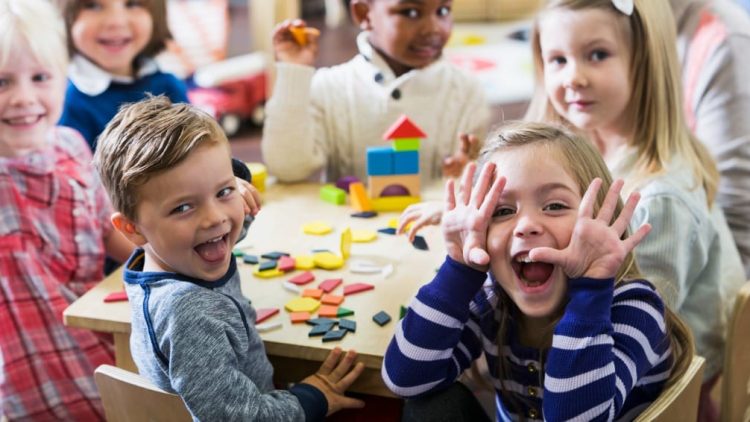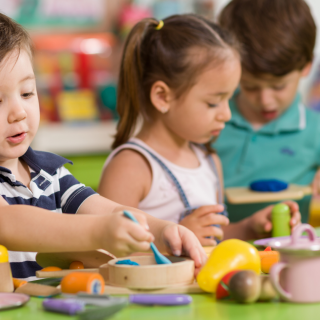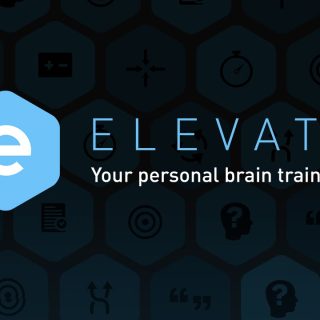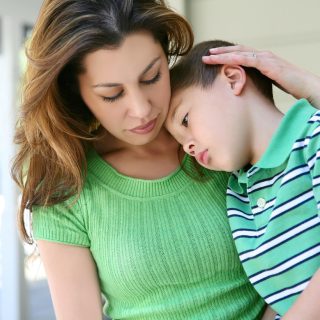The Art and Science of Effective Classroom Activities: Cultivating Engaged Learners
Introduction
Classroom activities serve as the heartbeat of effective teaching, transforming the learning experience from passive absorption to active engagement. In the dynamic landscape of education, crafting diverse, detailed, and innovative activities is essential. This article explores the nuances of creating impactful classroom activities, emphasizing their role in cultivating engaged learners and nurturing a passion for knowledge.
1. Contextual Relevance and Real-World Application
Effective classroom activities are rooted in real-world relevance. By connecting lessons to everyday life, students grasp the practical applications of their learning. Activities that simulate authentic scenarios or address current events instill a sense of purpose, demonstrating how classroom knowledge translates into meaningful skills applicable in their lives and future careers.

2. Differentiated Instruction and Inclusivity
Inclusive classroom activities accommodate diverse learning styles and abilities. Differentiated instruction tailors activities to match individual student needs, ensuring that each learner is appropriately challenged and supported. Activities that integrate visual, auditory, and kinesthetic elements cater to varied learning preferences, fostering a supportive environment where every student can actively participate and thrive.
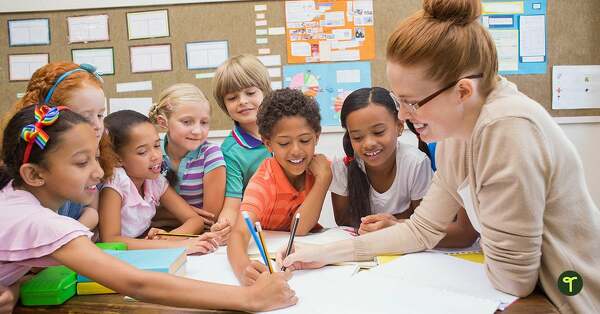
3. Scaffolding for Progressive Learning
Well-designed classroom activities scaffold students’ learning experiences. They start with foundational tasks that gradually increase in complexity, encouraging students to build upon prior knowledge. This scaffolded approach provides a clear learning progression, allowing students to master fundamental concepts before delving into more intricate challenges, promoting confidence and competence in their abilities.
4. Student-Centered Collaboration
Student-centered activities emphasize collaborative learning, encouraging peer-to-peer interaction and knowledge exchange. Group discussions, debates, and collaborative projects harness the collective intelligence of the class. These activities foster teamwork, communication, and leadership skills, preparing students for collaborative endeavors in their academic and professional lives.
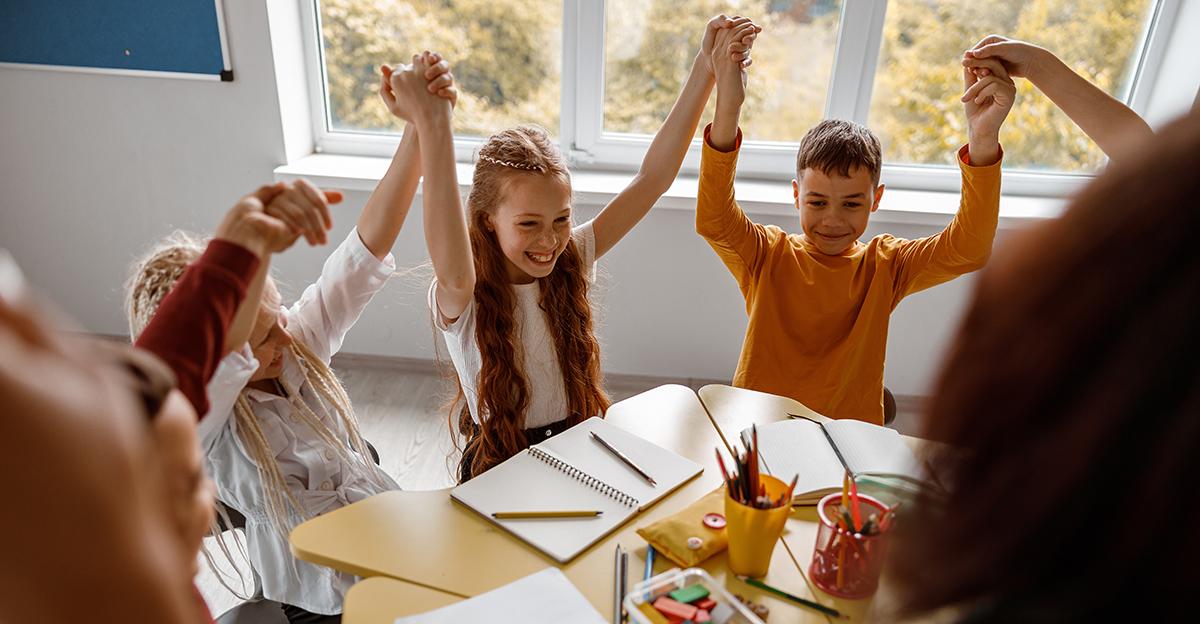
5. Integration of Multimodal Resources
Modern classrooms benefit from the integration of multimodal resources. Multimedia presentations, interactive simulations, and online platforms enrich learning experiences. These resources cater to diverse learning preferences, enhance engagement, and provide opportunities for self-directed exploration. Moreover, they prepare students to navigate the digital landscape, a crucial skill in the 21st-century world.
6. Reflection and Feedback Loops
Reflection is integral to the learning process. Activities that incorporate reflection periods encourage students to analyze their progress, identify challenges, and celebrate successes. Furthermore, timely feedback loops, both from peers and educators, provide valuable insights. Constructive feedback guides students toward improvement, fostering a growth mindset and a commitment to continuous learning.

Conclusion
The art and science of effective classroom activities lie in their ability to inspire, challenge, and empower learners. By embracing contextual relevance, differentiated instruction, scaffolding, student-centered collaboration, multimodal resources, and reflective practices, educators create an environment where students actively engage with knowledge. These meticulously crafted activities not only enrich students academically but also equip them with essential life skills, nurturing curious, adaptable, and lifelong learners. As educators continue to innovate and refine their approaches, they contribute significantly to shaping a generation of critical thinkers and empowered individuals ready to navigate the complexities of the future.

